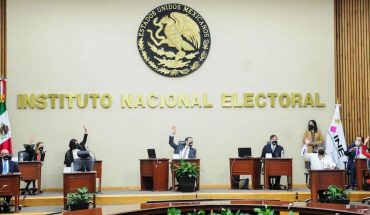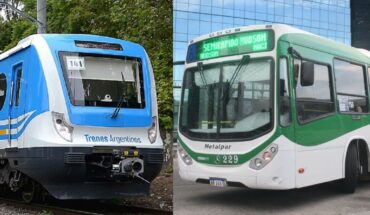About the World Urbanism Day, held on November 8, it is worth remembering the origins of the discipline. This day, celebrated for the first time in 1949, was promoted by one of the founding fathers of Urbanism in Latin America, the Argentine Carlos Della Paolera. His motivation was to increase the efforts to meet the living conditions and daily life in the cities. At that time, not only in Chile, but also in the region, the first generations of professionals in charge of city planning were already being trained, after the learning left by European experts, since the 1920s.
Looking back briefly a century ago, it goes back to the formative period of the discipline after its crystallization. In Chile and in the world, urbanism was born as a movement that sought to respond to two conditions of inequality that characterized the industrial city: problems related to social housing and public health. Both issues became the key principles in the formation of urbanism, while becoming part of the state agenda. It was the moment when the State had to take charge of the urban question, which was in reality the social question, and which materialized through institutionality and appropriate legislation. The technical apparatus of planning took shape, only in the twenties, when the public apparatus took charge of the urban problem.
The installation of urbanism responded to the vital urban changes that our cities were experiencing and that, in the middle of the twentieth century, would be increasingly evident. After centuries of slow urban development, from the thirties there was a transition from the “great village”, in the words of Lucio López, to the mass city. This accelerated expansion and urban massification, driven by migration from the countryside, characterized cities like Santiago that grew in the suburbs, changing their proportions more and increasing their complexity.
In the first decades of the twentieth century, the first generations of professionals dedicated themselves to teaching the discipline and drawing up the first city plans. They also participated in urban debates, both in technical and dissemination journals, as well as in the Pan-American conferences and in the congresses of architects in principle, and in the first congresses of urbanism later, events that allowed to exchange around the technical innovations of urbanism, and update the experiences of these professionals. In this context, the role of universities was fundamental, meanwhile, not only did they manage to put the urban issue on the public agenda and as a matter of political and economic development, but they pushed the institutional and regulatory changes that the installation of the task required, beyond the mere proposal of urban plans, and thus created the first postgraduate programs in Urban Planning.
In this way, this period can be recognized as one that begins to intersect the antecedents of urbanism and planning as a professional and public activity, through its institutionalization within the framework of a State with greater social orientation from the interwar period. It was facing a State that was advancing to take responsibility for the “welfare of the majority” and “welfare of society”.
Today, in the XXI century, and more than seven decades after that inaugural celebration of Urbanism Day, the background of the discipline allows us to remember the validity of the questions that marked its origin. The COVID pandemic, for example, evokes that background today. The subjects of public health and housing, which had been the basis of Urbanism, as two areas so related in our cities and so key in the definition, development and work of the discipline, appear in the midst of the health crisis as historical debts that affect the responses to infectious diseases. Thus, from the point of view of the challenges of the discipline, both housing and public health are structural issues to face not only this pandemic but future epidemic outbreaks.
These matters are part of the challenges of today’s urban planners, in order to collaborate in the improvement of urban development and in the quality of life offered to its inhabitants, in the midst of the growing compatriotism.Complexity of urban conditions and new cultural, political and administrative scenarios. They are the keys to promoting integral development with environmental balance and greater social justice that considers participation with a view to strengthening the cultural identity of the territories and their communities.
In this way, the questions for the common good and for greater equality that gave rise to urbanism, persist in the agenda of current professionals. While concepts have changed, that original spirit remains: interwar “welfare” and post-war “economic development” have given way to “social” and “human” development, as well as environmental “equity” and “sustainability,” all of which urbanism – planning or land use planning – plays a key role.
Follow us on
The content expressed in this opinion column is the sole responsibility of its author, and does not necessarily reflect the editorial line or position of El Mostrador.





